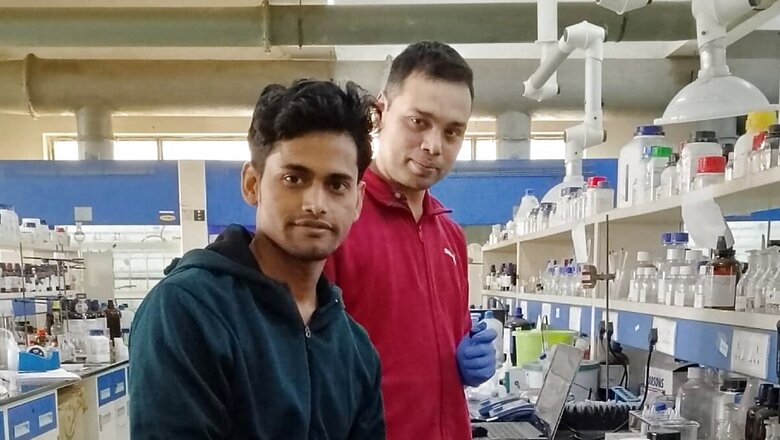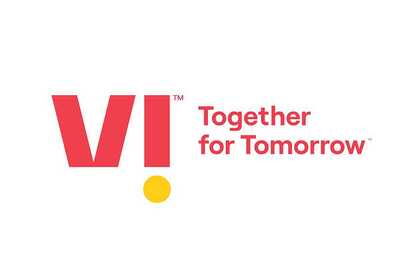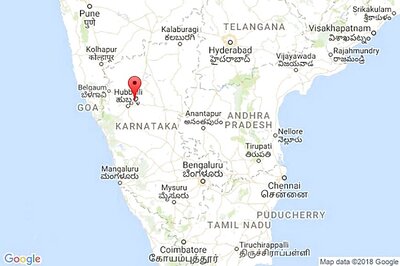
views
An innovative platform for delivering insulin has been successfully developed by a multi-institutional collaboration headed by researchers from IIT Bhilai. This collaboration also includes experts from the Shri Rawatpura Sarkar Institute of Pharmacy in Chhattisgarh and the Shiv Nadar Institution of Eminence in Delhi, NCR.
The IIT Bhilai researchers looked at a novel use of hydrogels in their pursuit of better insulin delivery techniques. In order to avoid the need for insulin injections directly into the body, researchers encapsulated insulin in hydrogels that were specifically created. The scientists created the hydrogels such that they would release insulin when blood glucose levels were increased by borrowing insight from the body’s natural insulin secretion mechanism that is triggered by glucose.
In response to high blood glucose levels, this hydrogel-based drug delivery system may release insulin in a regulated manner, replicating the normal insulin secretion mechanism of healthy pancreas cells. A secure and effective technique of administering insulin to insulin-dependent diabetic patients is promised by the research project led by Dr Suchetan Pal, Assistant Professor, Department of Chemistry, IIT Bhilai. The Applied Materials and Interfaces Journal of the American Chemical Society has published the research’s findings.
Dr Suchetan Pal, Assistant Professor, Department of Chemistry, IIT Bhilai, emphasised the drawbacks of the present insulin injection techniques, saying, “Current insulin injection methods have some limitations. They do not work quite like the body’s natural system and can be fatal. The current Insulin injection methods can also make blood sugar levels drop dangerously low, and patients might have to rely on them forever.”
Dr Pal highlighted the adaptability of these hydrogels and noted that they may be formulated as microneedles or oral formulations and demonstrate sustained administration of insulin in response to raised blood glucose levels. “This could significantly enhance convenience and safety for patients requiring insulin therapy,” Pal added.
India, which is frequently referred to as the world’s centre for diabetes, stands to benefit from this study’s findings. Alarming statistics from recent research by the Indian Council of Medical Research (ICMR), published in The Lancet, show that around 101 million Indians today struggle with diabetes. This long-term condition, which is brought on by insufficient insulin production in the pancreas, raises blood sugar levels and poses serious health hazards.



















Comments
0 comment